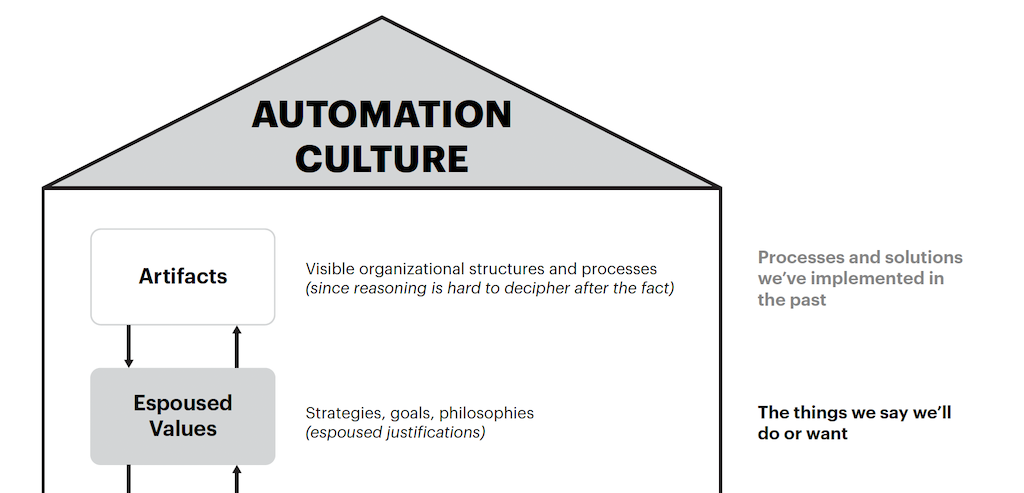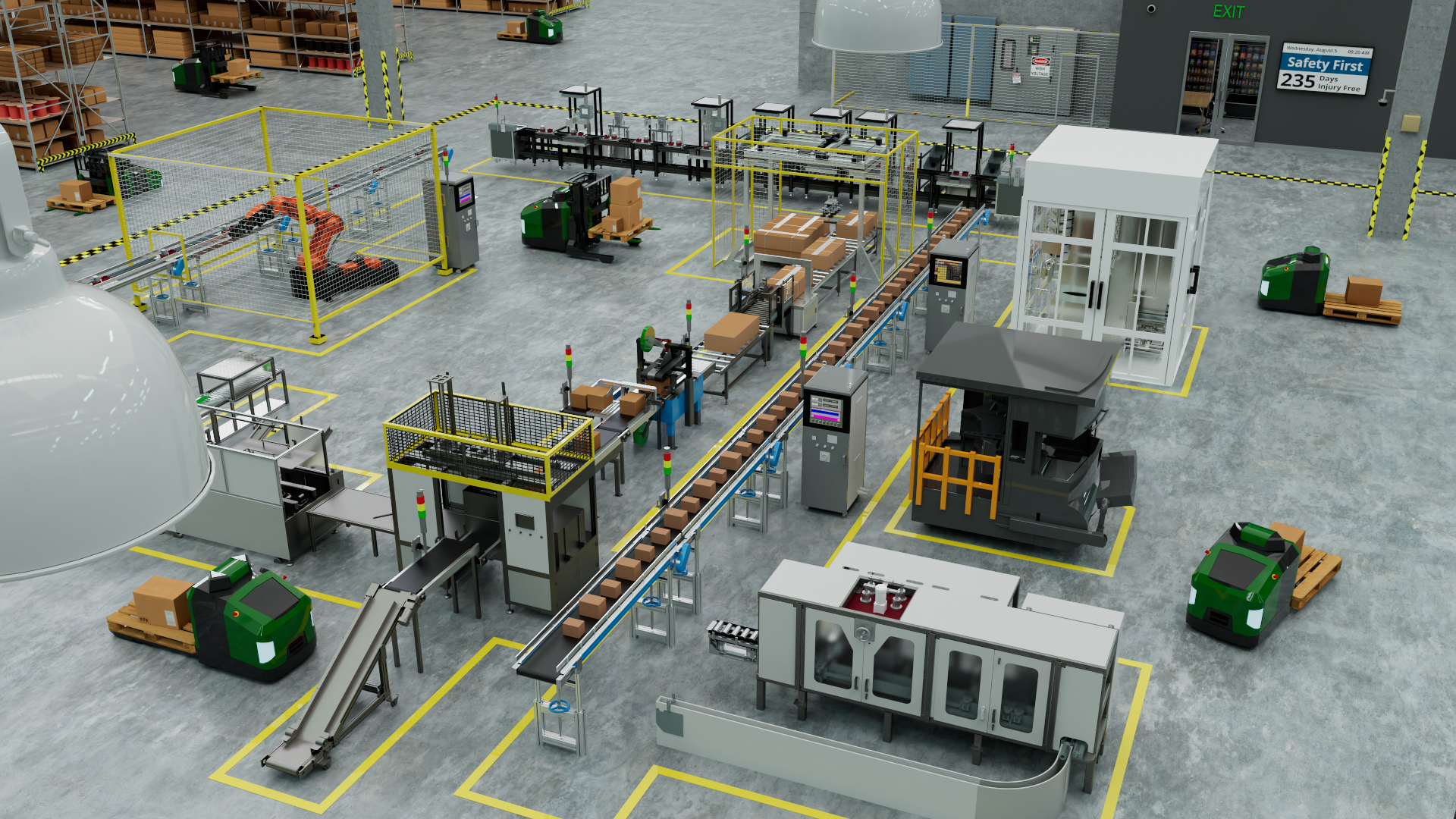Plant Engineering celebrates its 70th anniversary in 2017 and the process of improving manufacturing and making it better, safer, and more efficient continues just as it did in 1947.

I’ve been listening to the soundtrack of the Broadway play "Hamilton" a lot lately, and the retelling of its uniquely American story (in a uniquely American voice) is a reminder that revolution is easier than what follows. The moment of victory is almost always followed by the stark realization that victory was not so much an end as a segue to another beginning.
It also is a uniquely American experience that for the 45th straight time, presidential leadership changed with the stroke of a pen rather than with the strike of a sword. However you might feel about the outcome, that continuity of process can offer us some comfort.
So nothing much changed in our plant operations when we all returned to work after the new president’s inauguration. There’s product to get out the door, workers to protect and supply chains to manage. The business of manufacturing rolls on. There is continuity in the process of manufacturing as in government.
The rules of the game in manufacturing are going to change, but as the character who plays American statesman Alexander Hamilton sings in a line in one of the play’s songs, "If you’ve got skin in the game, you stay in the game." For me, that means continuing the process improvement we’ve been discussing on these pages in Plant Engineering for the last 70 years. It’s all about getting better at the game every day in some small way.
Look at the revolution in manufacturing in only 70 years since this magazine first appeared in November 1947: workplace injuries are down, productivity is up, automation and robotics have become a meaningful part of our overall operations. Our plants are safer, faster, more efficient and more connected than ever before. We supply the world with the goods and products they need to live better lives and advance humanity.
That march of progress has taken place regardless of where you live or the size of your plant. Some of the world’s largest companies were born in garages and college dorm rooms; today they dominate the planet. Where you start today is not nearly as important as where you think you’re going.
Growth is not inevitable, of course. It takes relentless execution of a great idea. It requires commitment from leadership and the dedicated support of staff. And, as we have relentlessly pointed out over 70 years, it takes attention to detail.
Any single story in Plant Engineering or any online article or Webcast or newsletter does not transform a plant. Each one is designed to provide one more piece of information to make one more improvement or offer one new idea on that road to excellence. The magazine you are reading today is constructed from the collective wisdom of your industry peers and from the innovators looking to the future.
—Improvement almost never comes from a single event-a new piece of equipment, a new strategy, a new CEO. That is only an end of one process. What happens next is what matters. Change creates is opportunity, but we’ve all seen opportunity wasted as well as opportunity realized.
Another recurring theme in "Hamilton" is time—the accomplishments of Alexander Hamilton in his life, and the realization of what more might have been done had his time not been cut short. The story also is about not wasting time; it shows what happens when you lose focus of your goals.
We at Plant Engineering mark 70 years of service to manufacturers throughout the world, and we appreciate your loyalty and your feedback to our efforts. I welcome that feedback every day, and I hope you’ll point us toward ways we better can serve you in the coming year and beyond.



